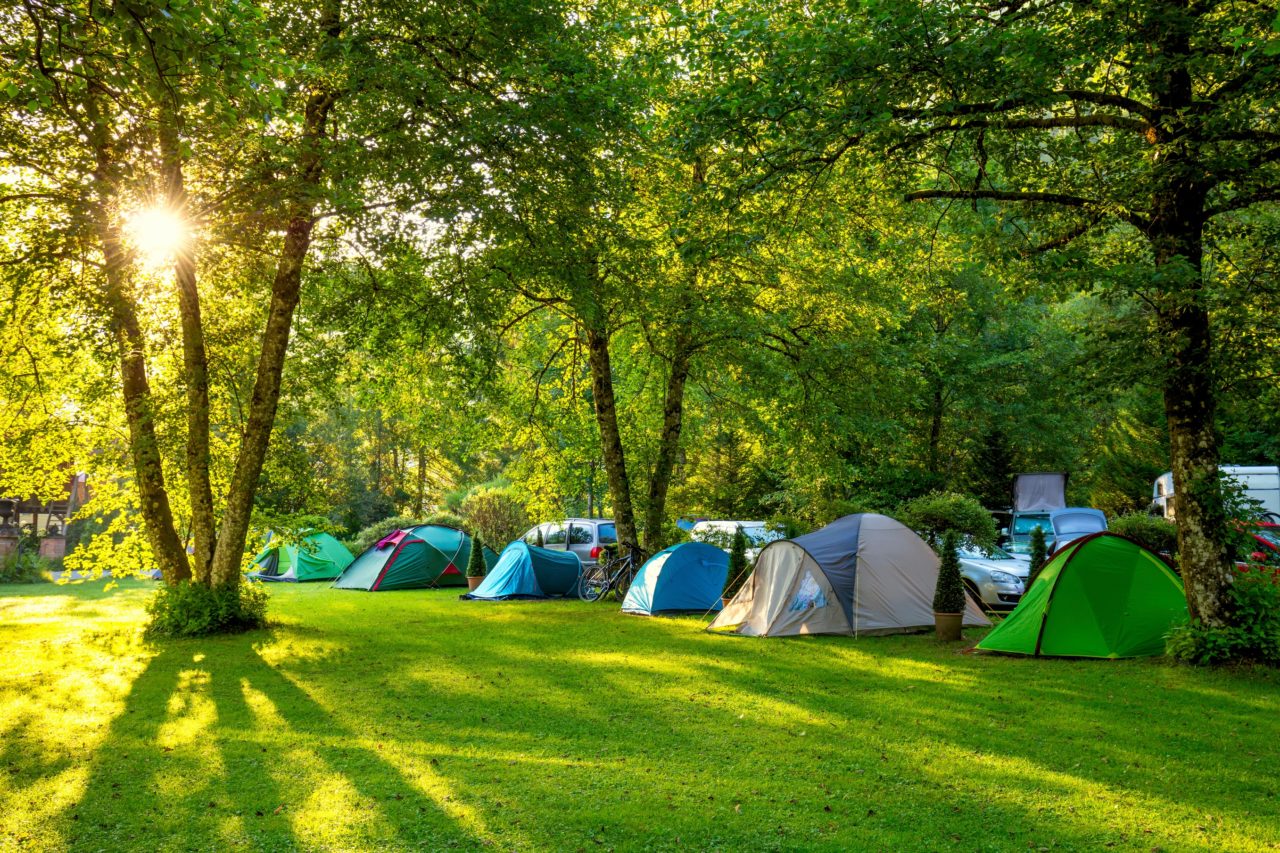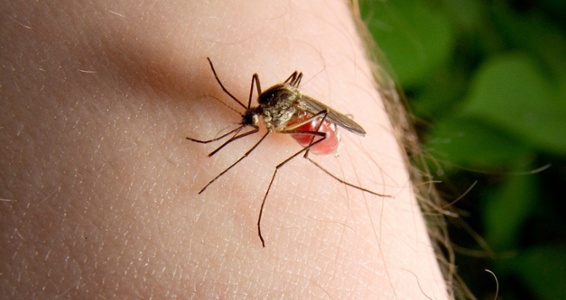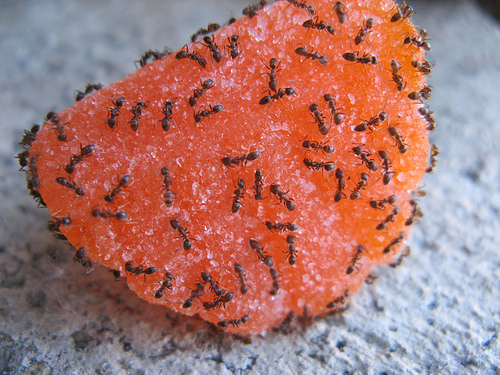Pretty soon you’re going to be thinking about winter coats, fall pests and snow removal, but there’s still some enjoyable summer days and nights left this year. Maybe it’s that last Labor Day barbecue, or the family camping trip, or that last hurrah with friends, but summer isn’t over just yet. Here’s an end of summer wrap up of everything going on in the world of pests and how it affects you.
CAMPING
It doesn’t matter if you’re fifteen or five-thousand miles from home, and whether or not you’re in a tent or a cabin, there are things you need to be aware of other than a cooler of ones, your gear and your friends and family. Here are some tips from the National Pest Management Association about keeping your campsite safe:
- Ahead of camping, apply insect repellant containing an EPA-registered active ingredient such as DEET or Picaridin, and repeat applications according to the product label.
- Wear long sleeves, pants, socks and closed toe shoes to help avoid mosquito and tick bites. Do a thorough check after hiking in woods or tall grasses.
- Yellowjackets and other stinging insects are attracted to fragrances from shampoo, perfume and candles — not to mention food and drink. Avoid using scented items and pour beverages into clear plastic cups rather than drinking from cans.
- Prior to camping, check tent materials and repair any holes that can serve as points of entry.
- Keep tents closed at all times unless going in or out.
- Keep all food and beverages packed in secure coolers and containers. Seal utensils and dishware immediately after use.
- Dispose of beverage bottles and cans in tightly closed garbage receptacles. Keep garbage containers sealed and away from the sleeping grounds.
- Do not attempt to feed, lure or pet wild animals.
MOSQUITOES
ANTS
- Odorous House Ants: These ants get their name from the unpleasant odor they give off when crushed, often described as smelling like a rotten coconut. They typically nest in wall voids and crevices and prefer sweet foods.
- Pharaoh Ants: Pharaoh ants prefer sweets, but also consume grease and even shoe polish. They live in extremely large colonies and keep warm near artificial heating sources like baseboard heaters and ovens.
- Carpenter Ants: This species hollows out nests in both dry and moist wood, though they prefer the latter. They can be particularly hard to remove since their nests can be more difficult to locate.
- Fire Ants: Fire ants can cause severe allergic reactions in addition to structural damage caused by chewing through the insulation around electrical wiring.
- Eliminate sources of moisture or standing water near a home.
- Keep tree branches and other shrubbery well trimmed and away from the house.
- Seal cracks and holes on the outside of the home.
- Store firewood at least 20 feet away from the house and five inches from the ground.
- Keep food in sealed containers and dispose of garbage regularly.
- Keep pet food and water dishes clean and remove any spilled food.
- Work with a pest professional.
BEES
BACK TO SCHOOL & BED BUGS
- Fully inspect suitcases prior to re-packing for a return to school, especially if you have traveled during the summer. Wash all clothes, even those that haven’t been worn, in hot water.
- On move-in day, thoroughly inspect the entire room including mattress seams on beds, behind the headboard and in furniture using a flashlight for good visibility. If you see anything suspect, immediately contact a university facility manager or landlord.
- If you are considering bringing “secondhand” furniture to campus, properly inspect it for telltale signs of bed bugs. If you notice and signs of shed skins, small blot marks/pepper-like stains do not bring it to campus.
Keep in touch with Franklin Pest Solutions on social media below, and enjoy the rest of your summer!
{{cta(‘c72f31a6-d068-4550-a78b-77c69b0c835d’)}}{{cta(‘401e750d-b601-45ca-86e1-0b286c867bde’)}}






